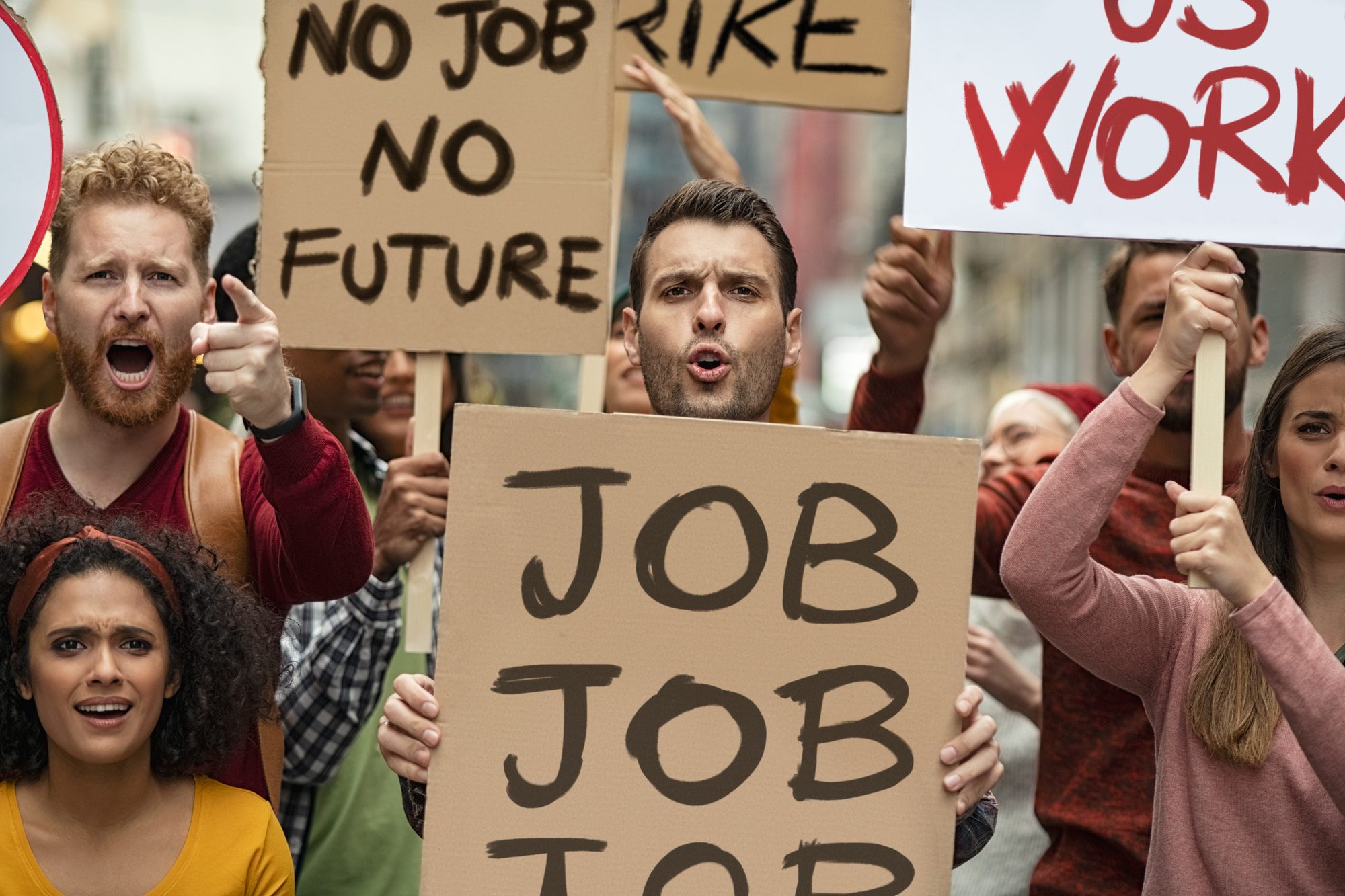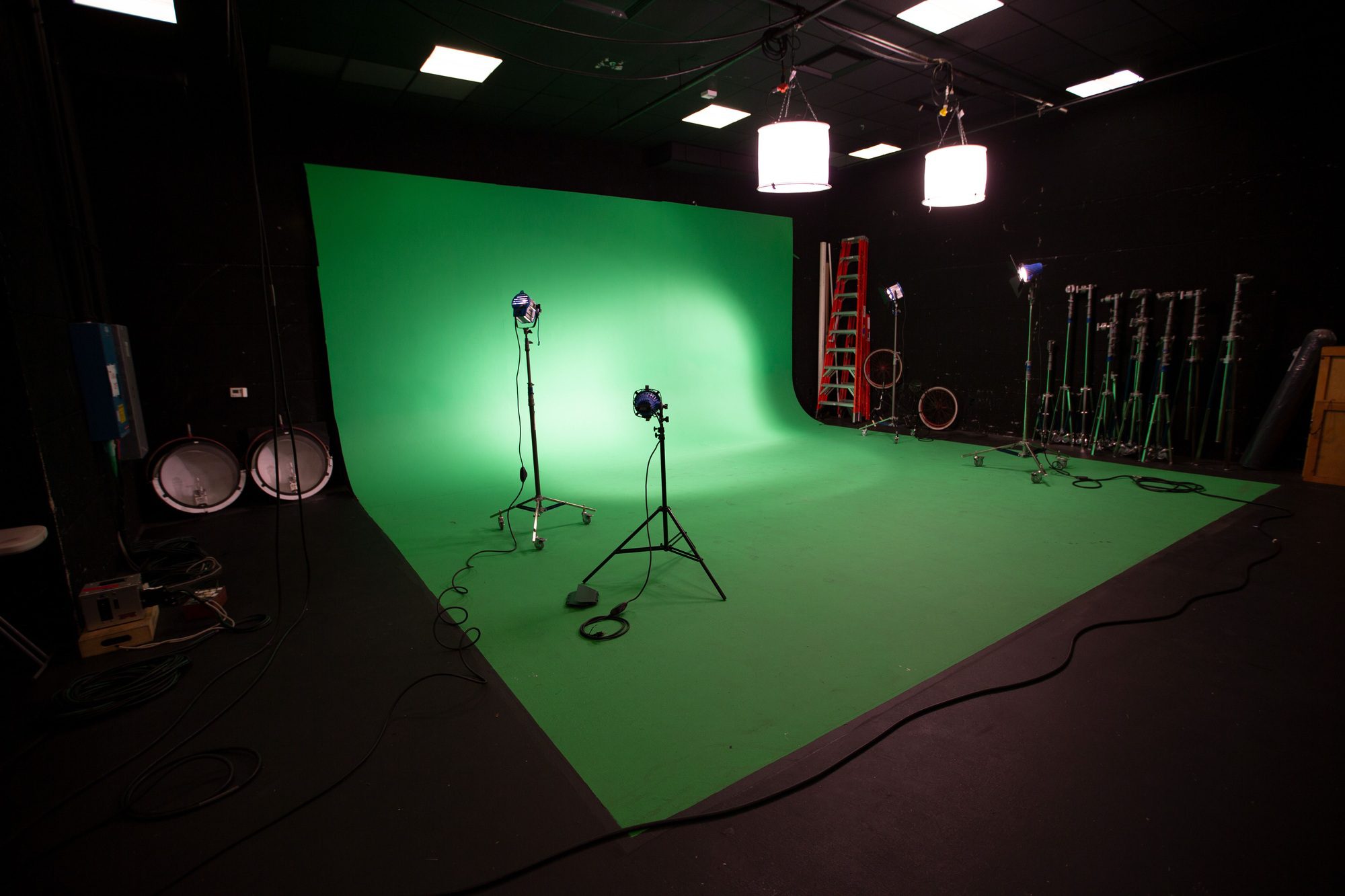
AI in the Director’s Chair:
How Artificial Intelligence is Changing Filmmaking
Artificial Intelligence (AI) is no longer just a buzzword in the tech world—it’s rapidly becoming an essential part of modern filmmaking. From pre-production planning to post-production polish, AI is being integrated into nearly every stage of the process. Scriptwriting tools now analyze plot arcs and character development, helping screenwriters refine stories that resonate with target audiences. Studios are also using predictive analytics to forecast box office success based on genre, cast, and storyline elements.
One of the most transformative applications is in virtual set design and real-time rendering. AI-driven engines allow directors to pre-visualize scenes, adjust lighting, and modify sets on the fly—significantly cutting costs and timelines. Casting directors are utilizing machine learning algorithms to evaluate the potential chemistry between actors, and editors are using AI-assisted tools to auto-sort and label footage, saving valuable hours in the cutting room.
However, these advancements bring up important ethical and creative concerns. Can algorithms truly grasp the nuances of human emotion and storytelling? Some filmmakers fear the homogenization of cinema—where data-driven decisions could stifle creative risk-taking. Others see it as a new tool that, when used wisely, can amplify human creativity rather than replace it.
As major studios and indie filmmakers alike begin to adopt AI, the industry is at a crossroads. Embracing this technology means rethinking traditional roles and workflows, but it also offers unprecedented opportunities for innovation. For directors, producers, and screenwriters, staying informed about these tools is no longer optional—it’s essential.





